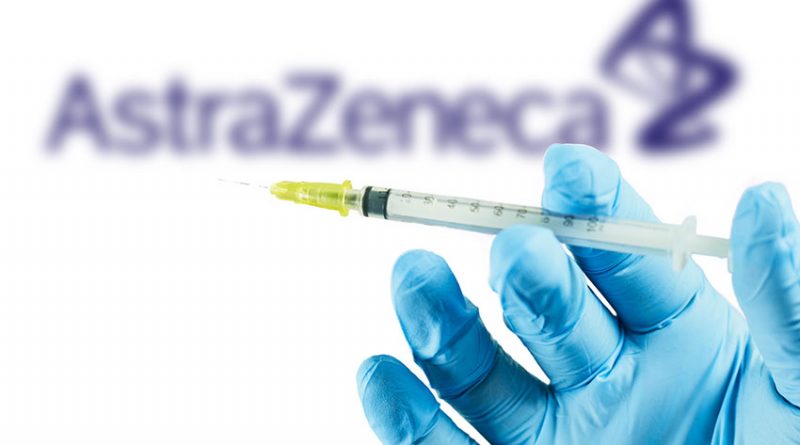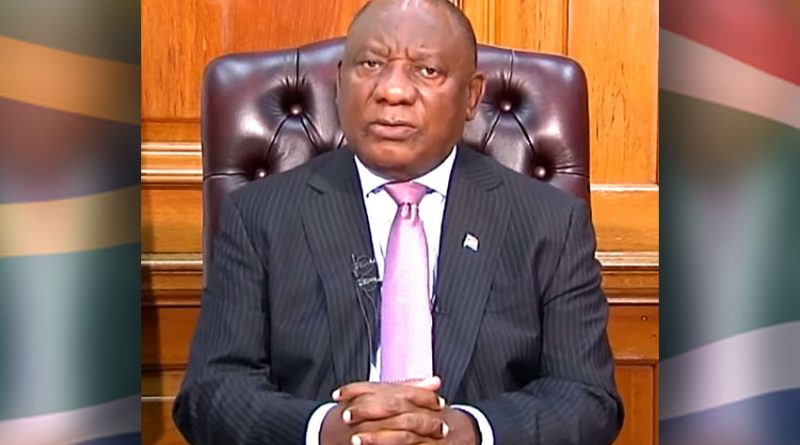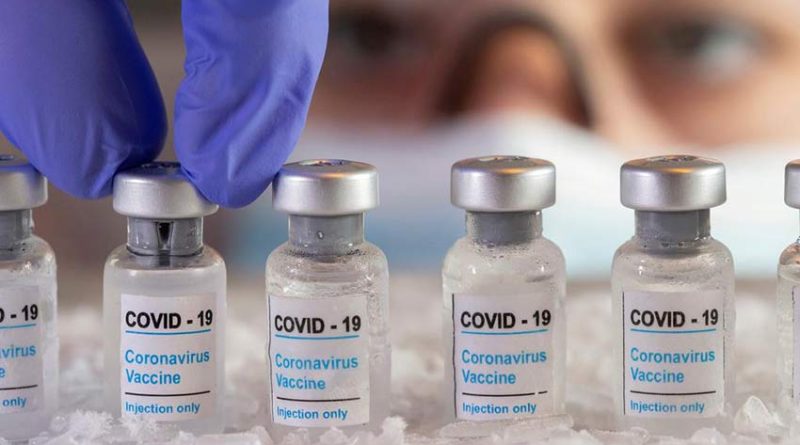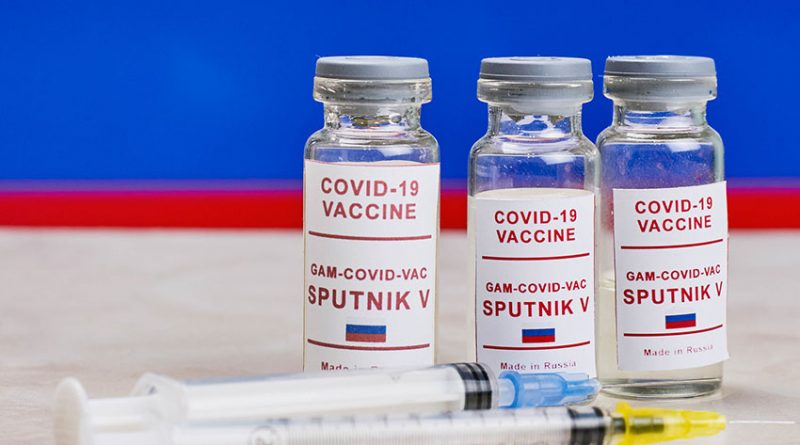NIGERIA expects to take delivery of 3.92 million doses of the COVID-19 vaccine tomorrow, the third West African country to benefit from the COVAX facility after Ghana and Ivory Coast, the government’s coronavirus task force said yesterday.
Nigeria, Africa’s most populous country with some 200 million people, has reported fewer than 1,900 COVID-19 deaths so far, much better than had been widely predicted early in the pandemic.
Last week, Nigerian drug regulator approved the Astrazeneca/Oxford COVID-19 vaccine use in Nigeria.
The dispatch is part of an overall 16 million doses planned to be delivered to Nigeria in batches over the next months by the COVAX facility, the task force said in a tweet.
The COVAX facility for poor and middle-income countries is co-led by Gavi, the vaccine alliance, and the World Health Organization, with UNICEF as an implementing partner.
Nigeria plans to inoculate 40% of the population this year and 30% more in 2022. The country expects to receive vaccine donations that will cover one-fifth of its population and then procure an additional 50% of its requirement to achieve herd immunity, the budget head has said.
Finance Minister Zainab Ahmed said Nigeria will draw up a supplementary budget in March to cover the cost of COVID-19 vaccinations, for which no provision was made in the 2021 finance bill adopted in December.
Source – Thomson Reuters Foundation
SOUTH African will now be able to buy alcohol, be out until midnight and political parties will now be able to campaign for the forthcoming local government elections under the new relaxed COVID-19 restrictions unveiled by President Cyril Ramaphosa tonight.
In a special address to the nation, his second in 30 days, Ramaphosa said a dramatic reduction in infection and deaths from COVID-19, led to a decision by the SA cabinet to move the country from Alert Level 3 to 1.
Under the Level One the following restrictions apply:
- Alcohol sales will be sold as per licence conditions but not during the curfew hours.
- The new curfew hours are now 12 midnight to 4am.
- Religious, political, social and cultural gatherings are allowed but restricted to 100 people indoors and 250 outdoors, with social distancing. “Where the venue is too small to accommodate these numbers with appropriate social distancing, then no more than 50 per cent of the capacity of the venue may be used.”
- Night vigil and after-funeral gatherings – “After Tears” – remain banned.
- Night clubs remain closed.
- The 33 land border posts that have been closed throughout this period will remain closed, while the other 20 will remain open.
- Five airports will be open for international travel. These are OR Tambo, Cape Town, Durban, Lanseria and Kruger/Mpumalanga airports.
- The wearing of masks in public places is still mandatory, and failure to wear a mask when required remains a criminal offence.
Ramaphosa said: “When I last addressed the nation, at the beginning of this month, the country had passed the peak of the second wave of coronavirus infections. Driven by a new variant of the virus, the second wave was far more devastating and caused greater loss of life than the first wave.
“The country has now clearly emerged from the second wave. New infections, admissions to hospital and deaths have fallen significantly and continue to decline steadily. In the week that has just passed, the country recorded just under 10,000 new infections. A month ago, in the last week of January, the country recorded over 40,000 new cases. And a month before that, in the last week of December, the country recorded close to 90,000 new cases.
“This dramatic decline in cases over eight weeks is due to a combination of the public health measures introduced, changes in behaviour and accumulating immunity in those who became infected in our communities.
We were able to emerge from the second wave because most people adhered to the tighter restrictions and observed the basic health protocols, including wearing masks in public and social distancing. The measures we had to put in place in December were necessary to contain infections and prevent our health facilities from being overwhelmed.
`’They were necessary to save lives. We had to undertake these measures knowing that they placed restrictions on the daily lives of everyone in this country. They caused great inconvenience to many. And while we made every effort to keep the economy open, we also knew that there were parts of the economy that would be affected and that wouldn’t be able to operate fully. Our approach has always been that such restrictions should not remain in place longer than is absolutely necessary to contain the disease. Due to the decline in infections, the country can now ease some of the restrictions on movement and activity.”
Ramaphosa gave the assurance that South Africa was “vaccine secure”.
He said the country, which yesterday received 80 000 vaccine doses from, will receive the delivery from:
- Johnson and Johnson – 11 million. Over 2.8-million to be delivered in the second quarter.
- Pfizer – 20-million.
- Covax facility – 12-million.
The President said the government was in constant negotiations with all vaccine manufacturers to secure more vaccines. SA was also waiting for the finalisation of its allocation from the vaccine facility managed by the African Union.
He said SA’s vaccination programme was going well.
“In the 10 days since we launched our coronavirus vaccination programme, more than 67,000 health workers – who are on the frontline of our fight against COVID-19 – have been vaccinated. A new batch of 80,000 doses of the Johnson & Johnson vaccine arrived in the country yesterday, and we are steadily increasing the number of doses administered each day.
“The start of our vaccination campaign has gone extremely well. It has shown what we can achieve when we work together as government, the scientific community and the private sector. All provinces have established vaccination sites and have put in place plans for the expansion of the programme as it gains momentum.
`’The number of sites that will be available for vaccination will be expanded next week from 17 sites to 49 sites. Of the 49 sites, 32 will be at public hospitals and 17 sites in private hospitals.
This includes sites in rural areas to improve access to rural healthcare workers. Once the vaccination of healthcare workers has been completed, we will begin with phase two of the vaccine roll-out in late April or early May.
‘Phase two will include the elderly, essential workers, persons living or working in institutional settings and those with comorbidities. For this phase, we will be activating many more sites for vaccination in the public and private healthcare sector so that we can reach as many people in the shortest possible time.”
Source - The African Mirror
SOUTH Africa’s health minister said yesterday that government advisers had grouped COVID-19 vaccines into three groups and those considered for “immediate use” were the Johnson & Johnson (J&J), Pfizer and Moderna shots.
The country started rolling out the J&J vaccine in a research study targeting healthcare workers last week and hopes to receive Pfizer doses in the coming months.
It has paused AstraZeneca vaccinations because of a small trial showing the British company’s shot offered minimal protection against mild to moderate illness caused by the dominant local coronavirus variant.
Health Minister Zweli Mkhize said the government had placed “huge orders on J&J and Pfizer which will be finalised in the next few days and announced when concluded”, adding that discussions with Moderna were ongoing.
Mkhize said the Ministerial Advisory Committee on vaccines had placed Russia’s Sputnik V vaccine and alternatives from China’s Sinopharm and Sinovac in a second group where South Africa is interested but requires more technical information.
A third group where vaccines “may not be suitable for immediate use in South Africa” includes the AstraZeneca and Novavax vaccines.
South Africa has recorded almost half of the COVID-19 deaths and over a third of confirmed infections in all of Africa but has lagged in wealthier nations in launching its immunisation campaign.
The government plans to vaccinate 40 million people or two-thirds of the population.
Source – Thomson Reuters Foundation
Russia’s RDIF sovereign wealth fund has announced that Ghana had granted emergency authorisation for the use of the Sputnik V vaccine against COVID-19, becoming the 31st country to do so, and the fifth African state.
The Russian vaccine was approved by the West African country’s health ministry, the Russian Direct Investment Fund said in a statement.




